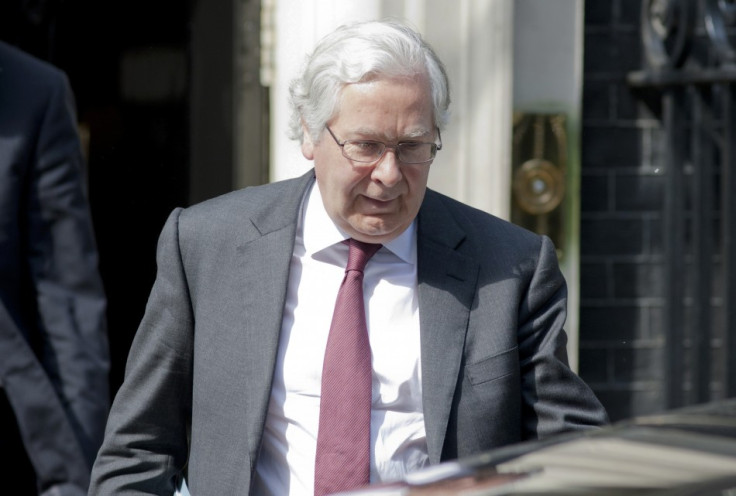Libor Scandal: Barclays Memo Means Bank of England's Mervyn King Must Resign
Bank of England Governor Mervyn King should resign his position now that Threadneedle Street's role in the Libor-rigging scandal has come to light.
"Everyone now understands that something went very wrong with the UK banking industry," King said last week after the Bank published its Financial Stability Report. "From excessive levels of compensation, to shoddy treatment of customers, to a deceitful manipulation of one of the most important interest rates, we can see that we need a real change in the culture of the industry."
If he's right, then he should go.
His position is now eerily similar to that of former Barclays CEO Bob Diamond - whose exit King felt necessary to encourage - and as such he no longer commands the respect needed or the moral authority required to lead the new "culture of change" he and others are demanding for the nation's financial services industry.

An internal Barclays memo reveals - and has not been denied - that King's second-in-command, Paul Tucker, gave implicit instructions to Diamond to submit false or misleading bids while setting the benchmark Libor rate during the height of the financial crisis.
Regardless of whether King knew this conversation took place, it represents a culture of complicity at the Bank that, as Governor, King was responsible for creating.
If Diamond's head had to roll because of the acts of his charges - all of whom were further removed from him than Tucker was to King - then King has no choice but to start drafting his resignation.
And in much the same way as Diamond's exit was ultimately hurried by his defiant public persona, King's early exit should also reflect his consistent lack of contrition for the role the Bank has played in the global financial crisis.
And just as Diamond's tenure was clouded by accusations of high pay for poor performance (Barclays shares fell 33 percent during his 18-month reign) alongside a lavish corporate lifestyle, King, one the most generously compensated central bankers in the world and a frequent front-row guest of the All England Club should set an example walk away from his £300,000 plus salary after his stewardship of a central bank which failed to see the financial crisis coming and who's policies have had little impact in cleaning up the aftermath.
"... for the good of the bank and the good of the country" as Chancellor George Osborne described Diamond's ouster.
"It is time to do something about the banking system," said King last week.
He's right. And he can start by stepping aside.
© Copyright IBTimes 2025. All rights reserved.





















